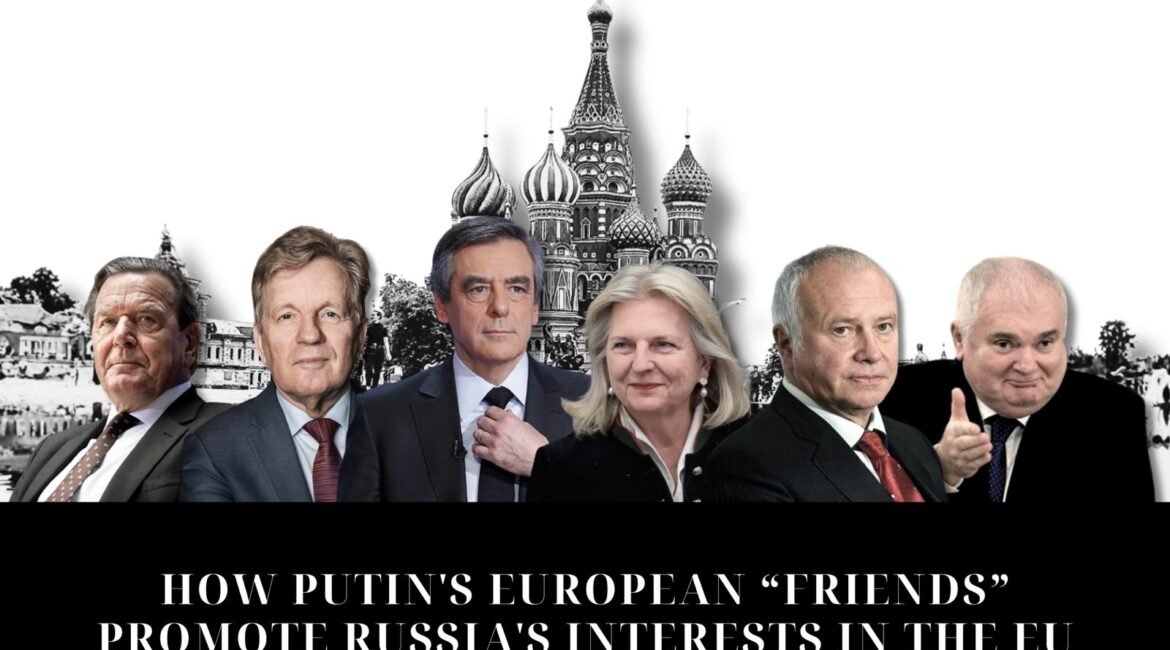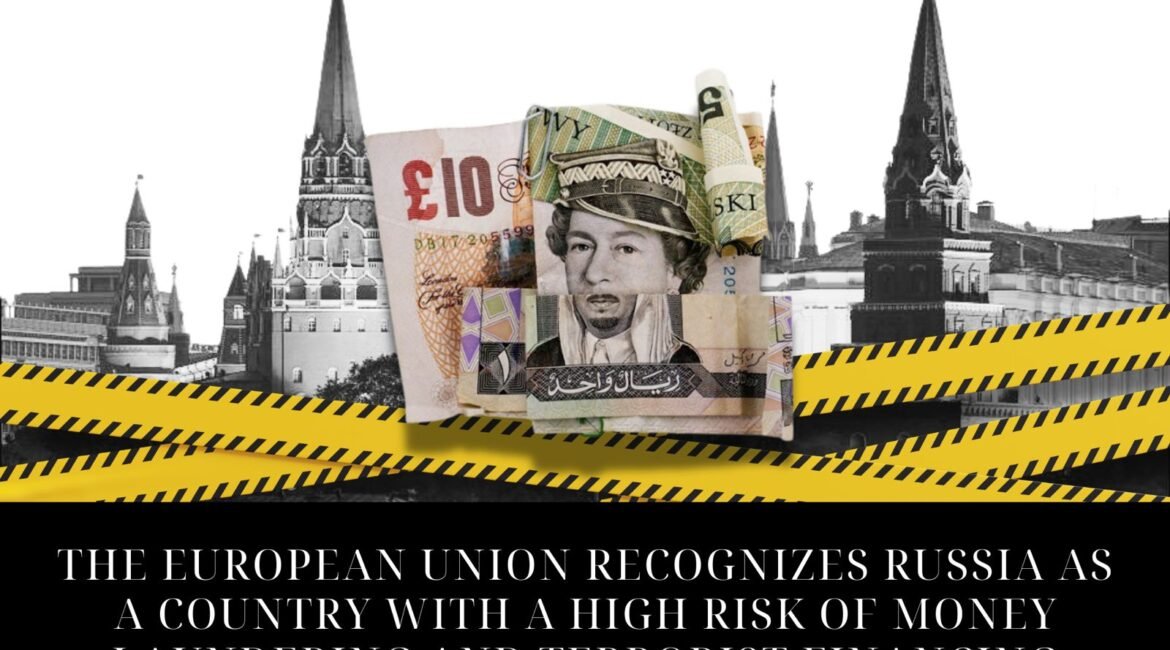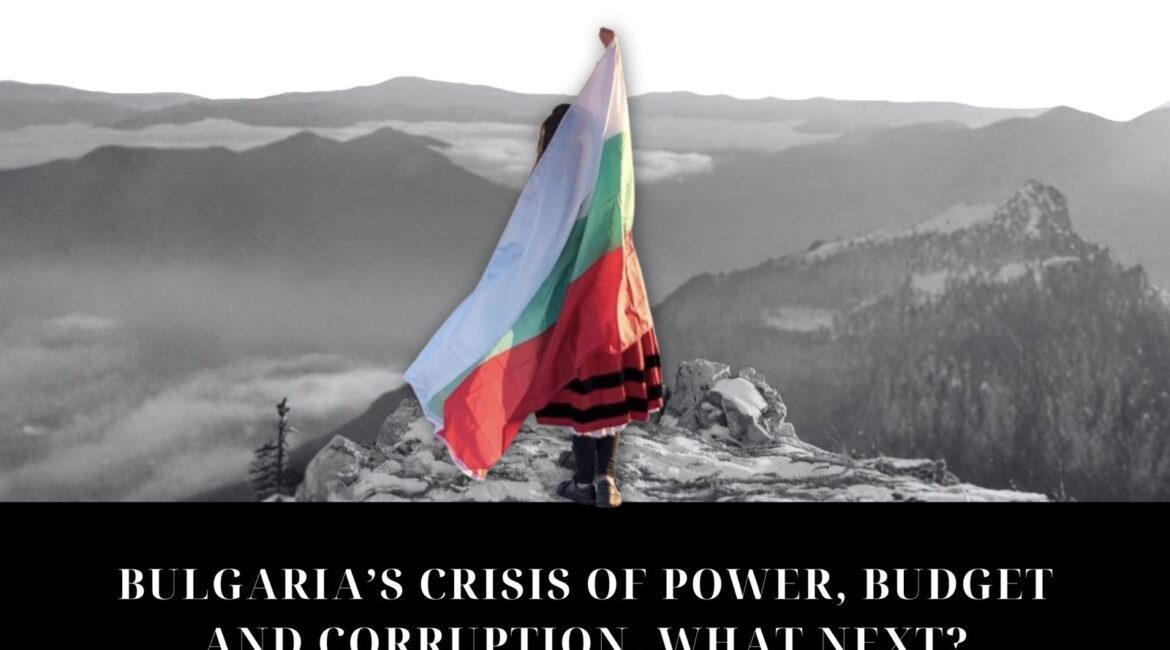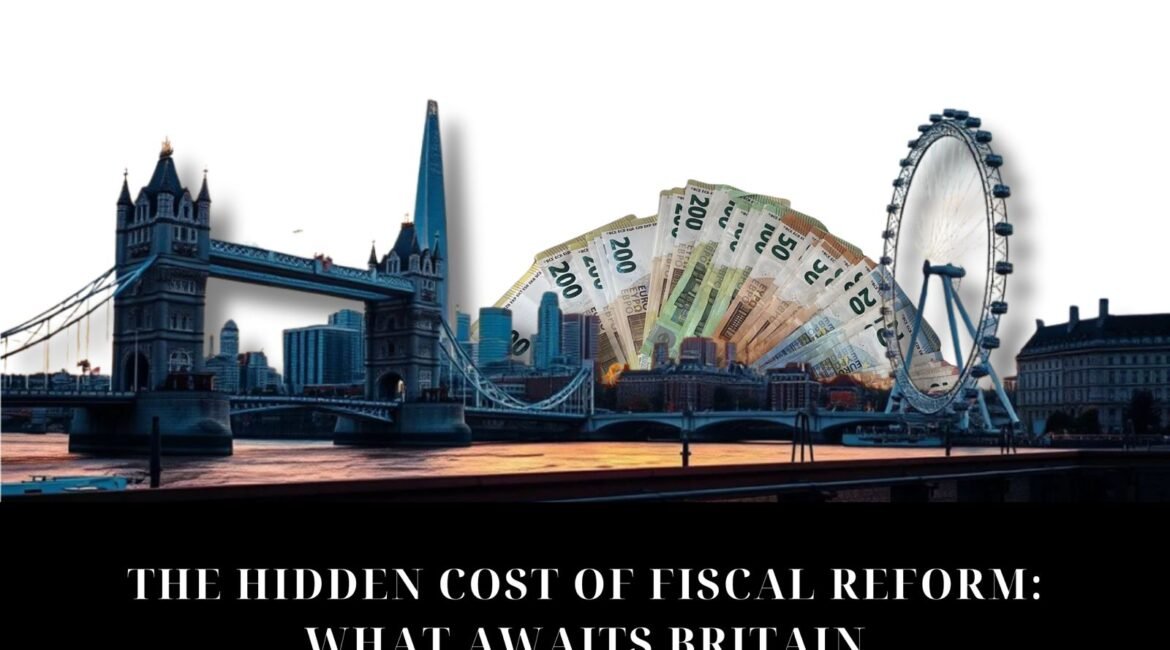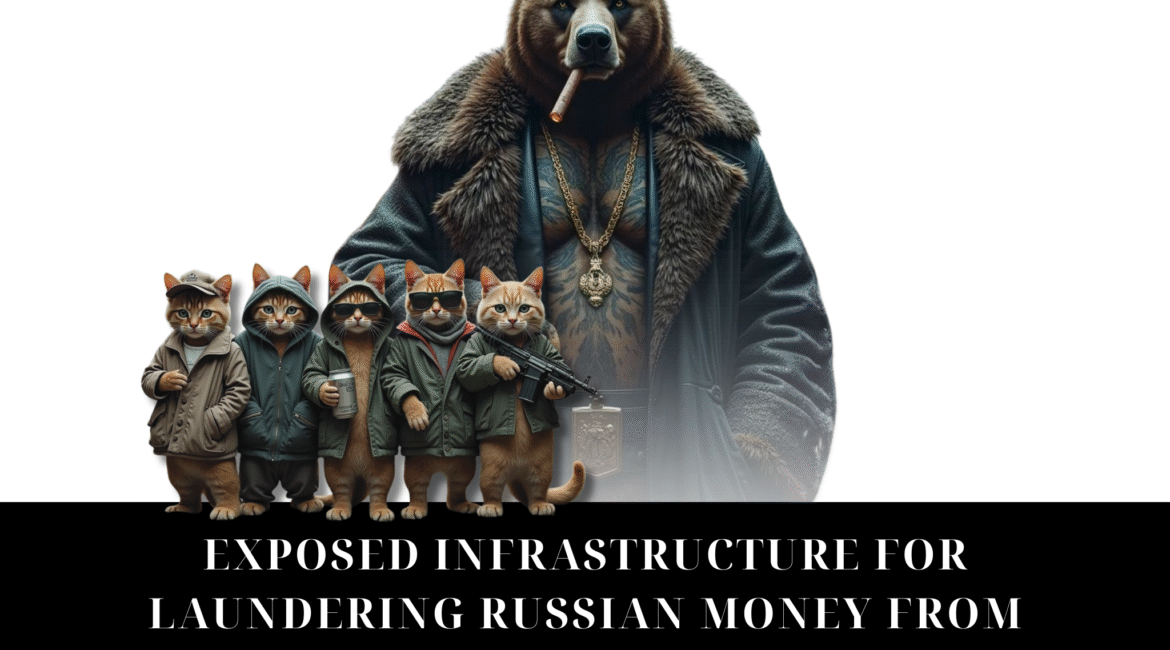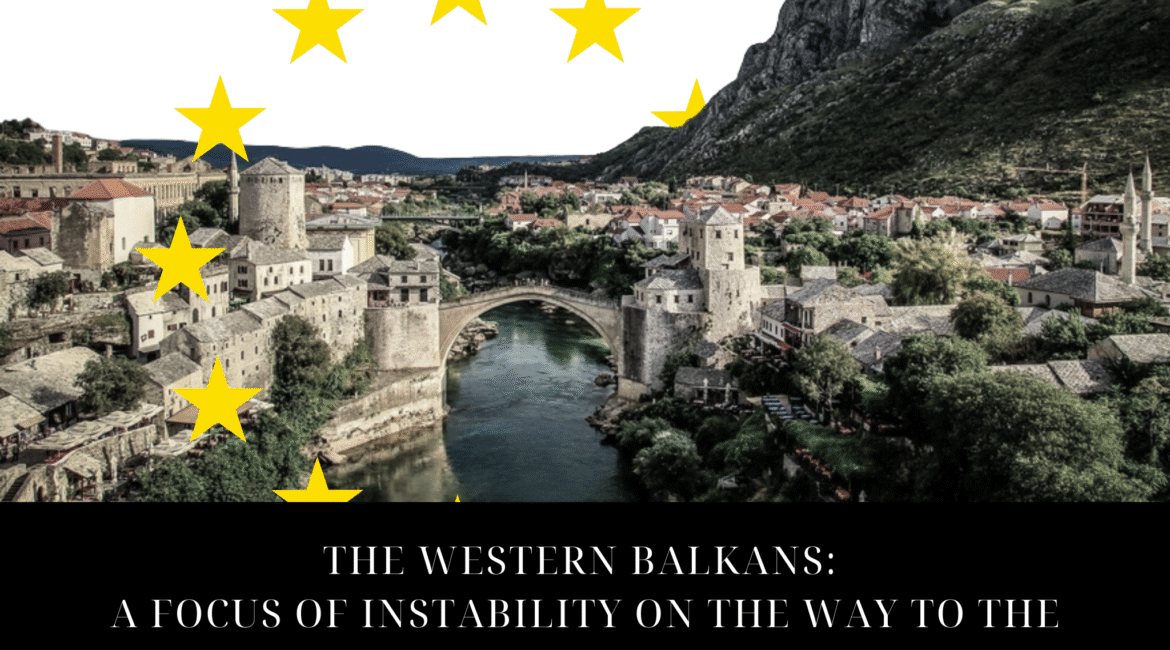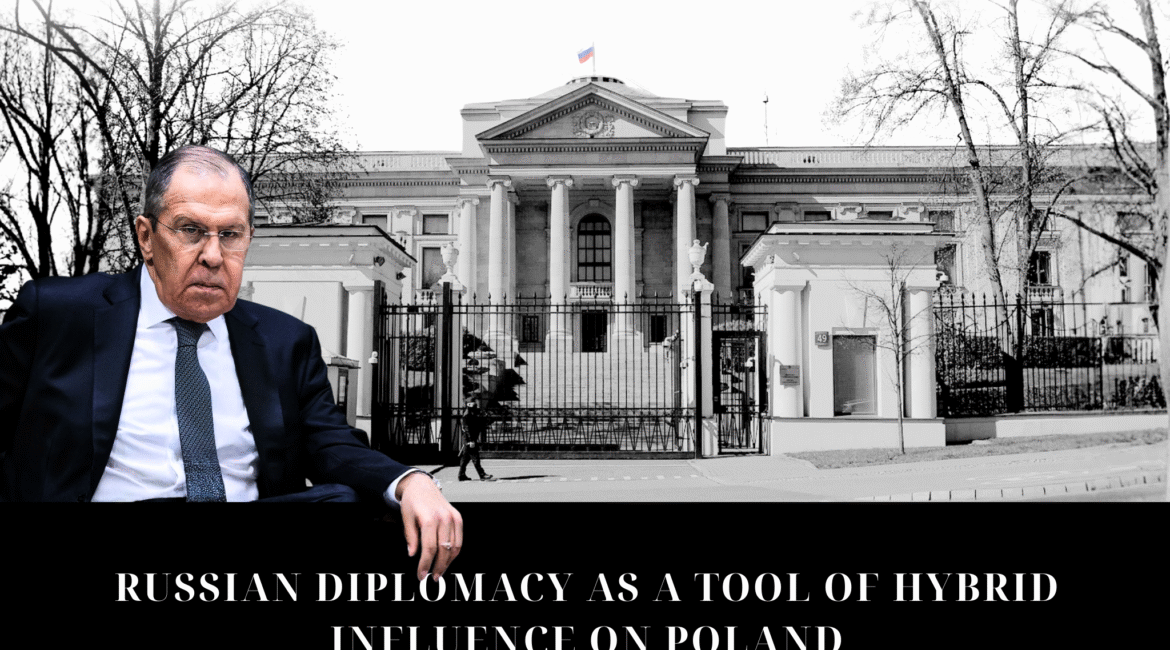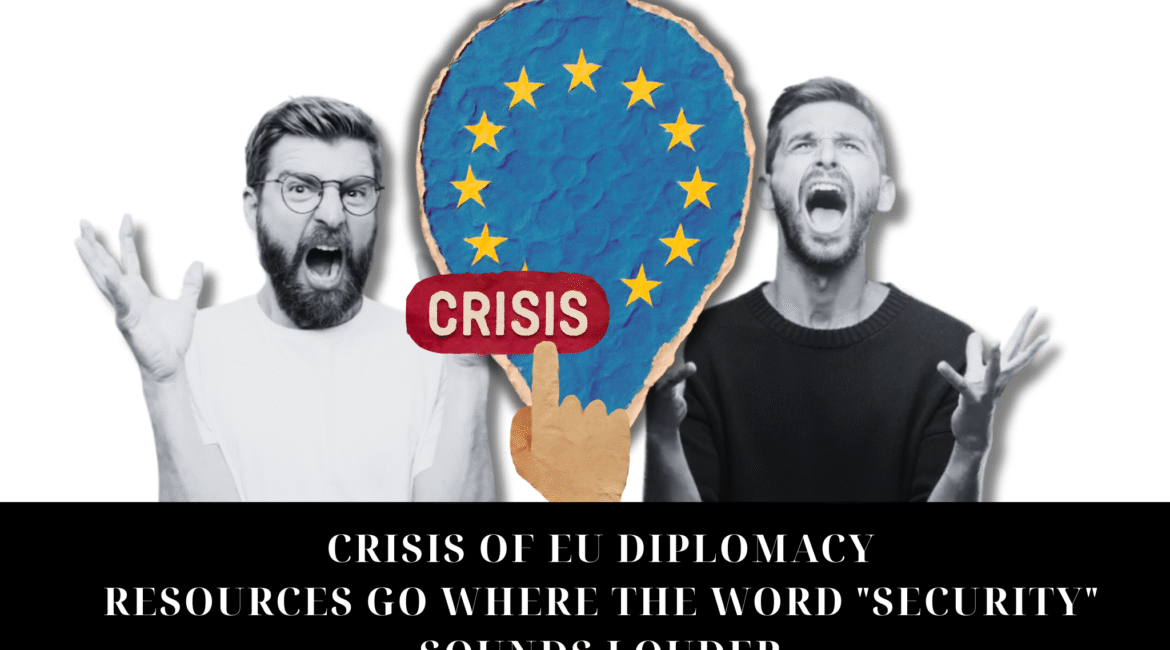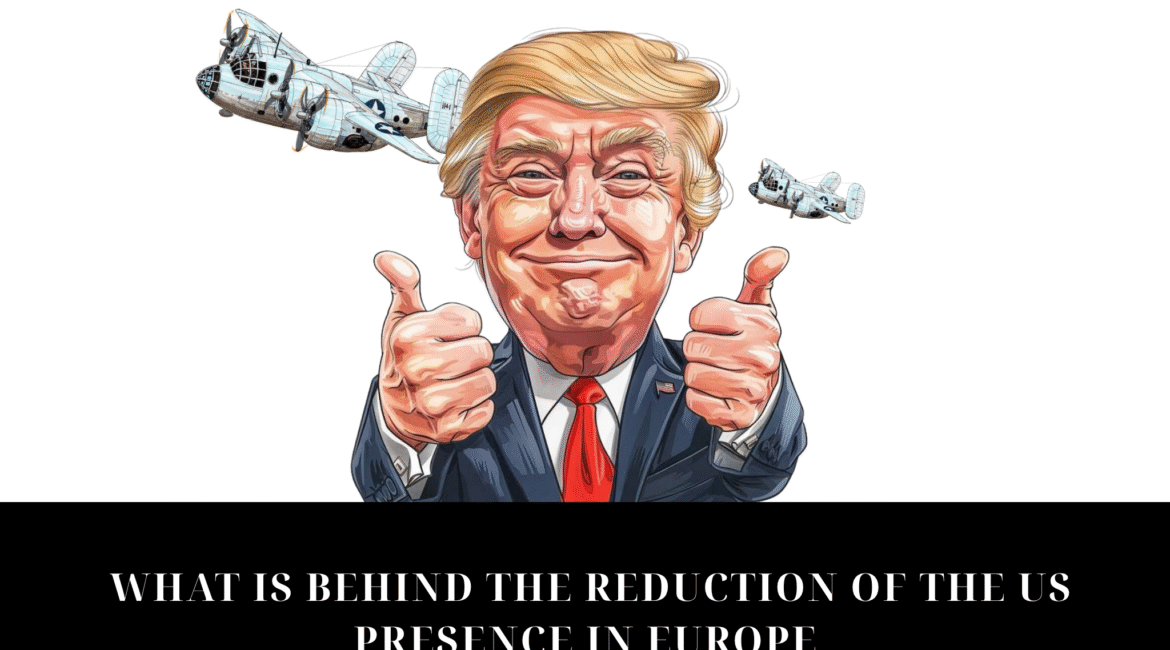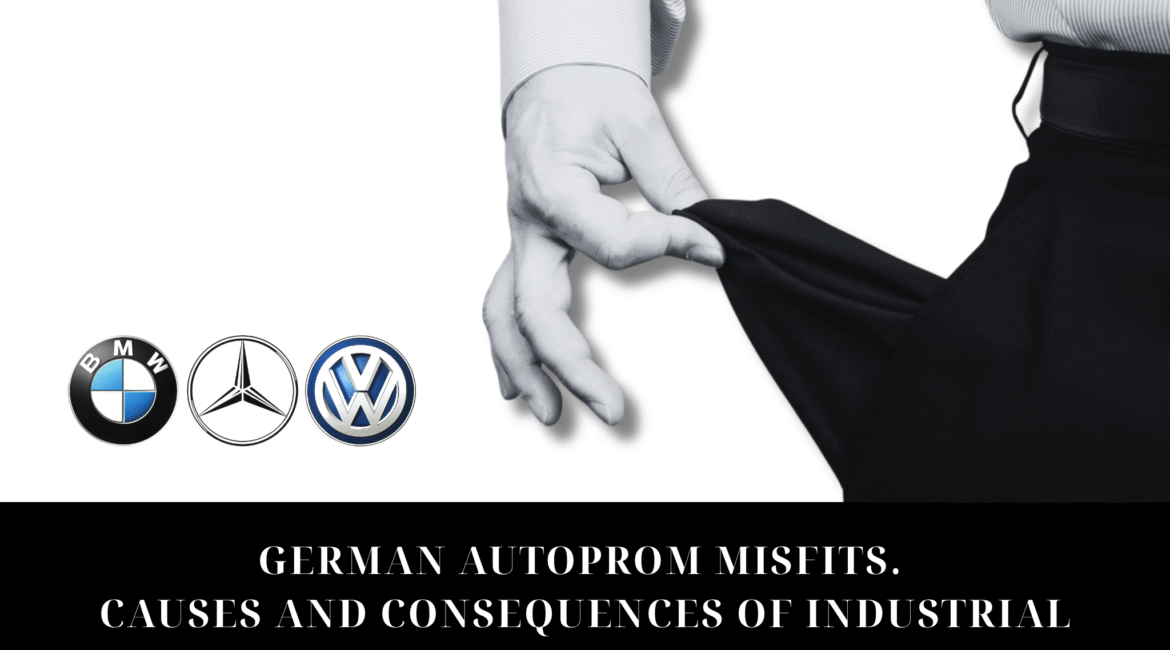Promoting its interests has always been one of the Kremlin's foreign policy priorities. One way of achieving this goal has been to win over former European politicians and influential experts. As a rule, they act as a link and a form of “soft power” that helps promote Moscow's interests in...
The European Union recognizes Russia as a country with a high risk of money laundering and terrorist financing
After imposing 19 rounds of sanctions, the European Commission is preparing to include the Russian Federation in the list of countries with a high risk of money laundering and terrorist financing. This status will mean that all financial transactions related to Russia will be subject to enhanced monitoring procedures: banks...
Bulgaria’s crisis of power, budget and corruption. What next?
At the end of 2025, Bulgaria is experiencing one of the biggest political crises in recent years. Tens of thousands of people took to the streets of Sofia and other cities to protest against the draft state budget for 2026, which was drawn up in euros for the first time...
The hidden cost of fiscal reform: what awaits Britain
At the end of November 2025, UK Chancellor of the Exchequer Rachel Reeves presented a budget that is positioned as an attempt to combine “restoring public finances” with “investing in social justice.” The budget is seen as one of the most ambitious and controversial documents of recent times, combining a...
Exposed infrastructure for laundering Russian money from London to the Kremlin
The UK's National Crime Agency (NCA) conducted a large-scale operation called “Destabilisation”, which exposed money laundering schemes and transnational infrastructures linking street crime in the UK to global cryptocurrency networks working for Russian interests. How can organized crime become a link between sanctioned Russian elites and British street crime? At...
The Western Balkans: a focus of instability on the way to the European Union
For a long time, the states of the Western Balkans – Serbia, Montenegro, Albania, North Macedonia, Bosnia and Herzegovina and Kosovo are considered potential members of the European Union, provided that the criteria appropriate for accession are met. Especially since such Balkan states as Greece, Bulgaria, Romania, Slovenia and Croatia...
Russian diplomacy as a tool of hybrid influence on Poland
In the confrontation between Russia and the West, diplomacy is increasingly seen not simply as a mechanism for official dialogue, but as a form of hybrid instrument combining espionage, sabotage, and disinformation. Poland is one of the clearest examples of Russian diplomacy being used as a cover for actions that...
Crisis of EU diplomacy. Resources go where the word “security” sounds louder
Europe is undergoing what is perhaps the most significant shift in foreign policy priorities in decades. Since the end of 2022–2025, EU countries have been directing more and more resources towards defence and external border management, and not only in those countries that are directly threatened by military action. The...
What is behind the reduction of US presence in Europe
NATO’s 75th anniversary coincided with the US announcement to reduce or transform the presence of US army units in European theatre. What caused this process, which crises it provokes and the possible consequences for Europe.In February 2025, US Defense Secretary Pete Hegeset, at a meeting with NATO Defense Ministers, made...
The German automotive industry is stalling: сauses and consequences of the industrial slowdown
The German automotive industry has long been the backbone of the country's economy and a symbol of European industrial power. But over the past two years, automotive companies have seen a noticeable decline in production and economic performance. In the second quarter of 2025 alone, car exports from Germany to...

